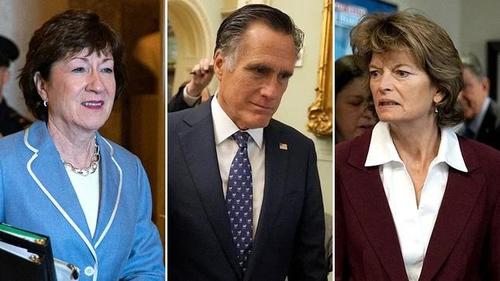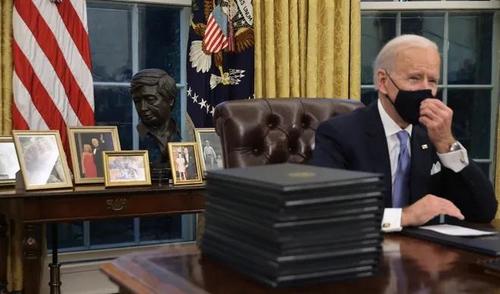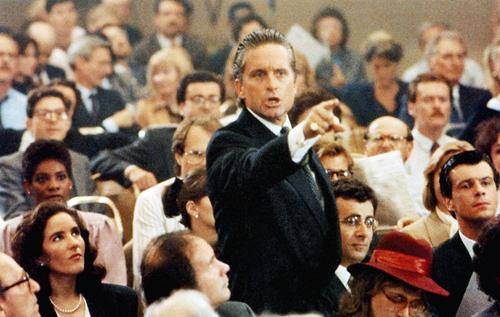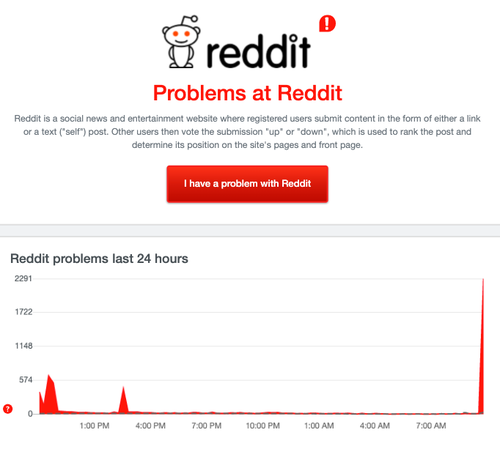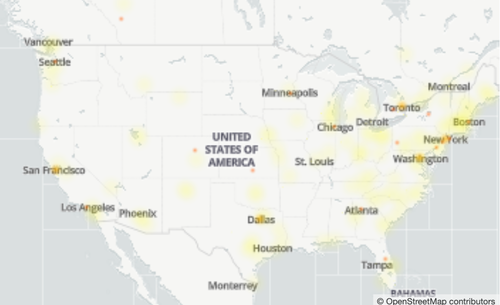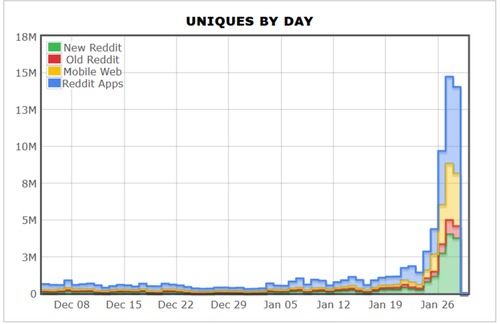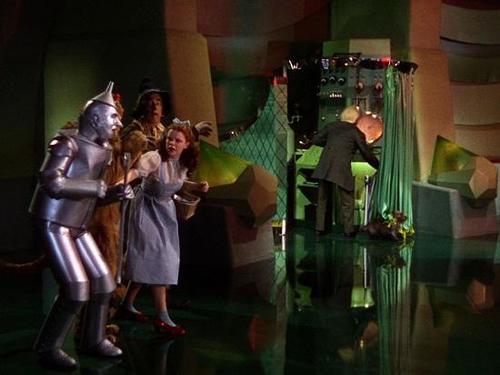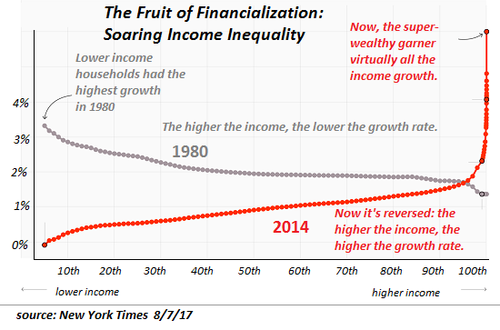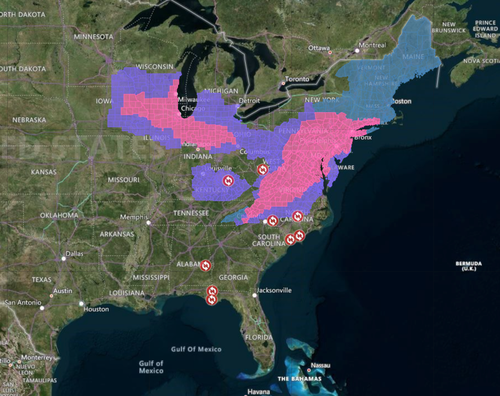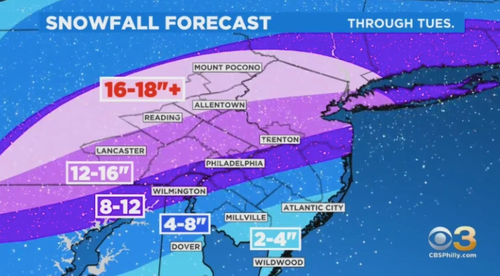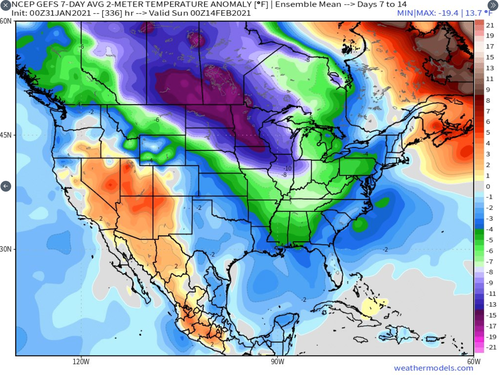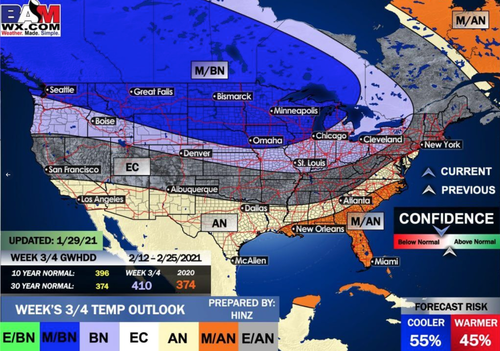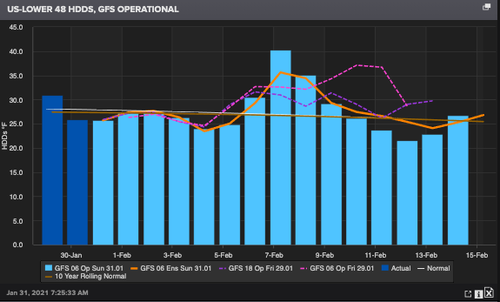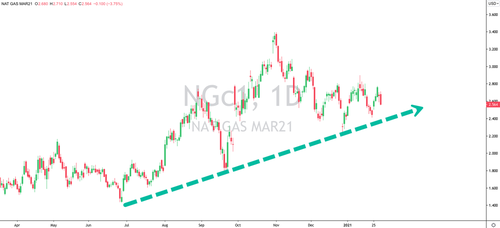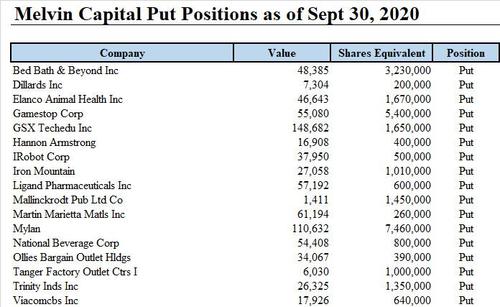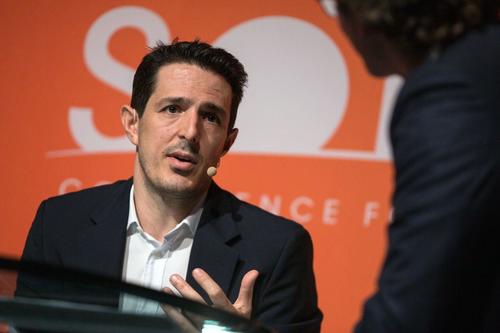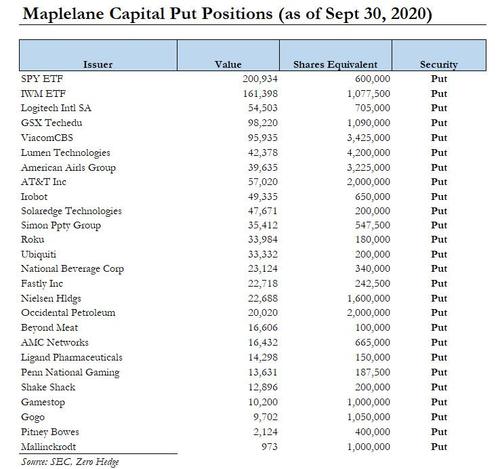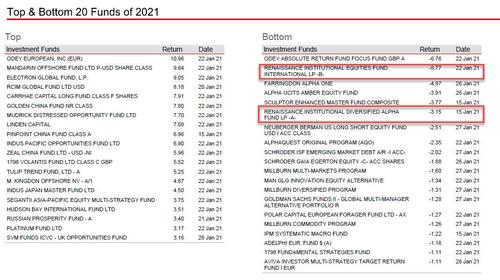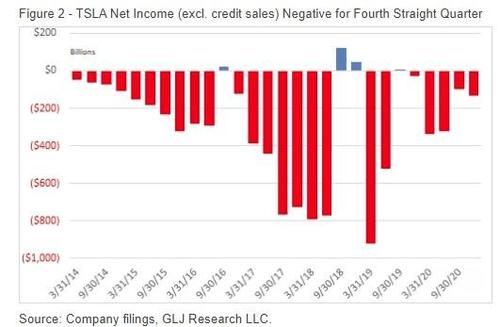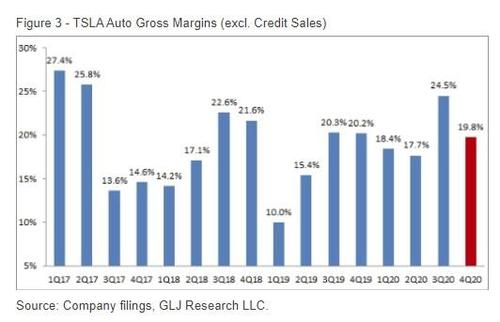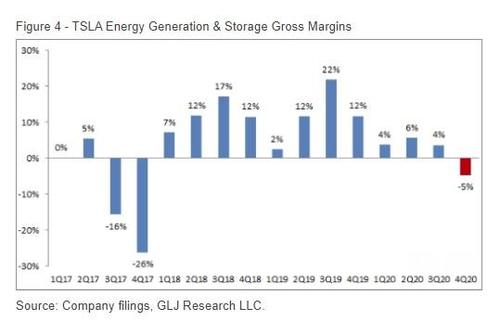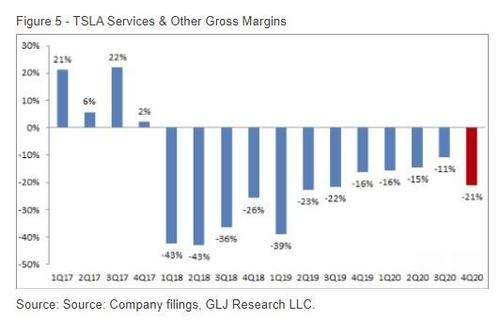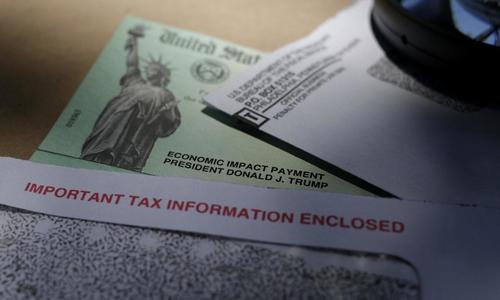Prof. McConnell passes along this follow-up, responding to Prof. Michael Ramsey at The Originalism Blog:
The Volokh Conspiracy recently published my view that, based on the explicit text of the Constitution, officers who have been impeached by the House of Representatives while in office can be tried by the Senate even if they have left office in the meantime. The public debate has been over whether the House has power to impeach a former officer, but that is irrelevant to the current situation. The House impeached President Trump on January 13, 2021, one week before his term expired. No one has suggested any problem with the timing of that resolution. If the Senate has power to try “all impeachments,” as Article I, Section 3, Clause 6 says, it has power to try the Trump impeachment. There seemed to be no textual counter-argument. Or so I argued.
It turns out there is a textual counter-argument. Michael Ramsey contends in The Originalism Blog, that under founding-era practice, “a President is not impeached (under the Constitution’s original meaning) until the Articles of Impeachment are delivered to the Senate.” Other distinguished scholars – Andrew Hyman, Noah Feldman, and Keith Whittington – have made essentially the same argument. They support this argument on the basis of historical practice, in which the House would pass a resolution authorizing its managers to “impeach” the officer before the Senate, implying that impeachment does not occur until they make the formal accusation and thus begin the prosecution. Only starting in 1912 has the House instead passed resolutions impeaching the officer, and then communicating to the Senate that it has done so. Ramsey et al. contend, based on originalist interpretive principles, that the original understanding must prevail over a subsequent change in practice.
I find this argument unpersuasive. First, it cannot be squared with Article I, Section 2, Clause 5, which states: “The House of Representatives . . . shall have the sole power of Impeachment.” This clearly indicates that it is the House that impeaches as a constitutional matter, not the managers. The House, as a body, can act only by means of passing a resolution. That happened on January 13.
Second, there is no reason to think the prior practice reflected a judgment that the constitutional term “impeachment” means presentation of the charges to the Senate, rather reflecting a choice of form. At most, it suggests that the House may delegate its power of impeachment to its managers, not that the constitutional term “impeachment” necessarily refers to the presentation of charges by the managers.
Now, if in any particular proceeding the House frames its resolution in such a way as to postpone its legal effect until some future date, such as when the managers present charges to the Senate, then presumably the impeachment would not take legal effect until then. (By analogy, the House presumably could pass a resolution that “effective next Wednesday Jane Doe is impeached.”) That may have been what happened in the early impeachments on which Ramsey et al. rely. But that is not what happened on January 13. On January 13, the House passed a resolution stating unequivocally “[t]hat Donald John Trump, President of the United States, is impeached for high crimes and misdemeanors and that the following articles of impeachment be exhibited to the United States Senate.”
In sum: the Constitution vests the power to impeach in the House as a body, not in the managers. The House acts by passage of a resolution. Unlike its practice in the founding era, the 117th House passed a resolution on January 13 stating that President Trump “is impeached.” There is no good reason to say that the House, which has “sole power” over this matter, does not impeach when it passes a resolution saying the officer is impeached. That means Mr. Trump was impeached while still in office, and accordingly the Senate has the power to try the impeachment.
from Latest – Reason.com https://ift.tt/3j4QY2R
via IFTTT
